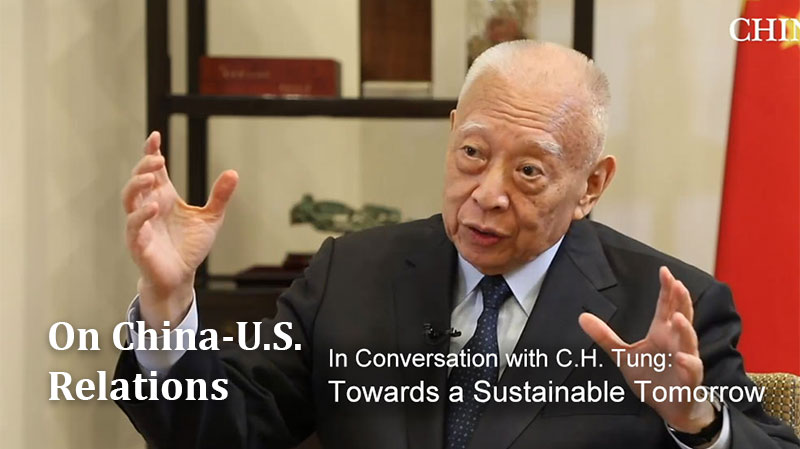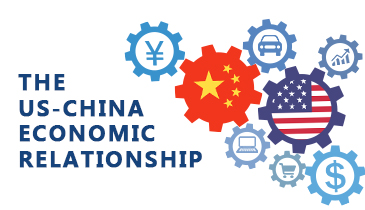Ben Reynolds, Writer and Foreign Policy Analyst in New York
Apr 17, 2021
The news of an agreement struck between two of America’s adversaries made waves and raised the alarm for a potential showdown, but the potential for military coordination isn’t the main focus of the agreement.
He Wenping, Senior Research Fellow, Charhar Institute and West Asia and Africa Studies Institute of the China Academy of Social Sciences
Mar 10, 2021
American airstrikes took place in Syria, but there’s no question they were intended to send a message to Iran and Russia. It’s clear the U.S. intends to reassert its influence in the Middle East.
Jin Liangxiang, Senior Research Fellow, Shanghai Institute of Int'l Studies
Feb 08, 2021
Mixing questions about nuclear reactors and missiles with matters involving Iran’s political system is a recipe for failure. Separating the issues will allow the U.S. to return to the Iran deal more easily, while addressing other concerns in a different forum.
Jin Liangxiang, Senior Research Fellow, Shanghai Institute of Int'l Studies
Dec 04, 2020
U.S. return to the Iran nuclear deal could be difficult. Much has changed in the world in the past four years, including the recent assassination of Iran’s top nuclear scientist. China’s help may be needed more than ever.

He Wenping, Senior Research Fellow, Charhar Institute and West Asia and Africa Studies Institute of the China Academy of Social Sciences
Mar 11, 2020
Iran fears accepting any American offer of help with the coronavirus epidemic because it believes its archenemy would not be sincere, but rather use any aid as leverage to undermine the regime. That fear is not unfounded.

Zhou Bo, Senior Fellow, Center for International Security and Strategy, Tsinghua University
Feb 03, 2020
Scholars speak of the old Chinese idea of wangdao — an enlightened and benevolent power. But this does not require China to become a new hegemon that someday replaces the United States. China can help the world by earning the trust of others.

Patrick Mendis, Visiting Professor of Global Affairs, National Chengchi University
Feb 02, 2020
President Donald Trump’s authorization of a drone strike that assassinated Iranian General Qassem Suleimani is the icing on the cake for his record of erratic and unpredictable foreign policy. More importantly, it has opened the door for China and Russia to gain military, economic, and diplomatic influence in the Middle East.
Lucio Blanco Pitlo III, President of Philippine Association for Chinese Studies, and Research Fellow at Asia-Pacific Pathways to Progress Foundation
Feb 02, 2020
The death of Qassim Suleimani highlights the growing divide between the US and the Middle East at large, a divide which may create an opportunity for China to strengthen regional ties.
Ben Reynolds, Writer and Foreign Policy Analyst in New York
Feb 02, 2020
In the wake of rising U.S.-Iranian tension, there seems to be no clear path forward – and no clear winner. China stands to pluck the fruit of possible conflict in the region.

Elizabeth Drew, Washington-based Journalist
Jan 21, 2020
The recent tense, dangerous exchanges between the United States and Iran have revealed a great deal about US President Donald Trump’s management of his foreign policy. The main conclusion is that he doesn’t have one.
U.S.-Iran

